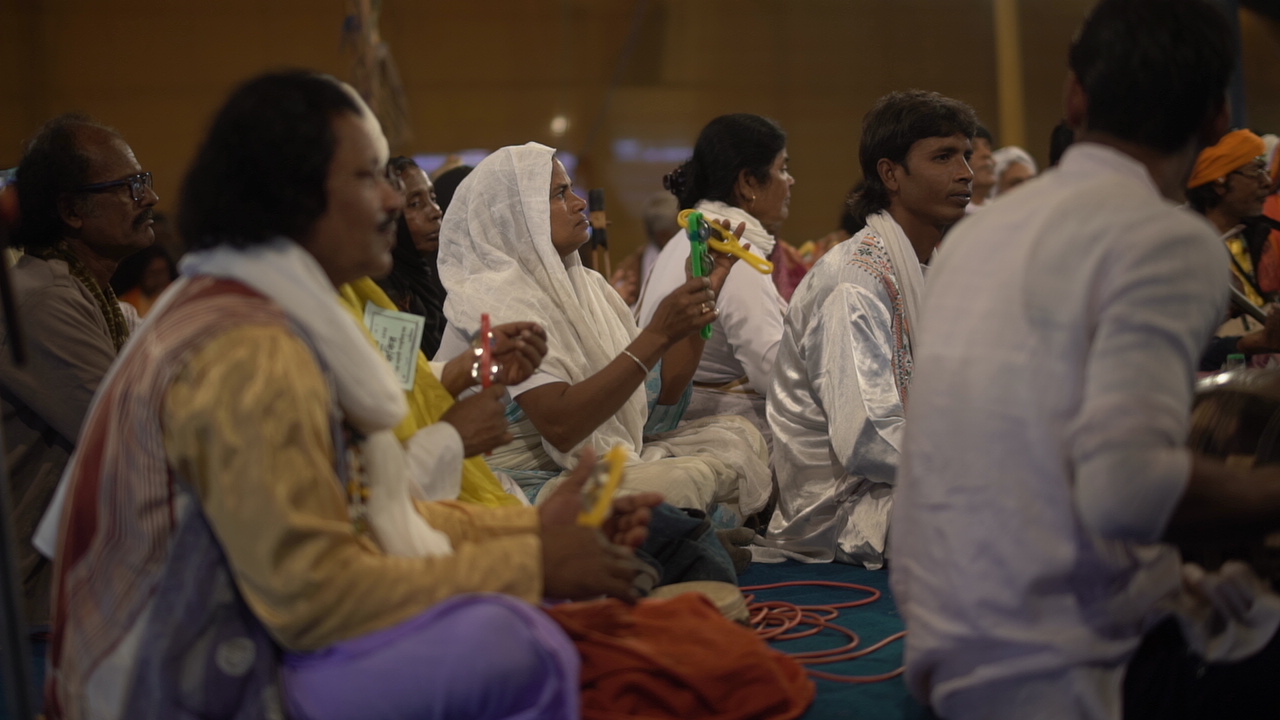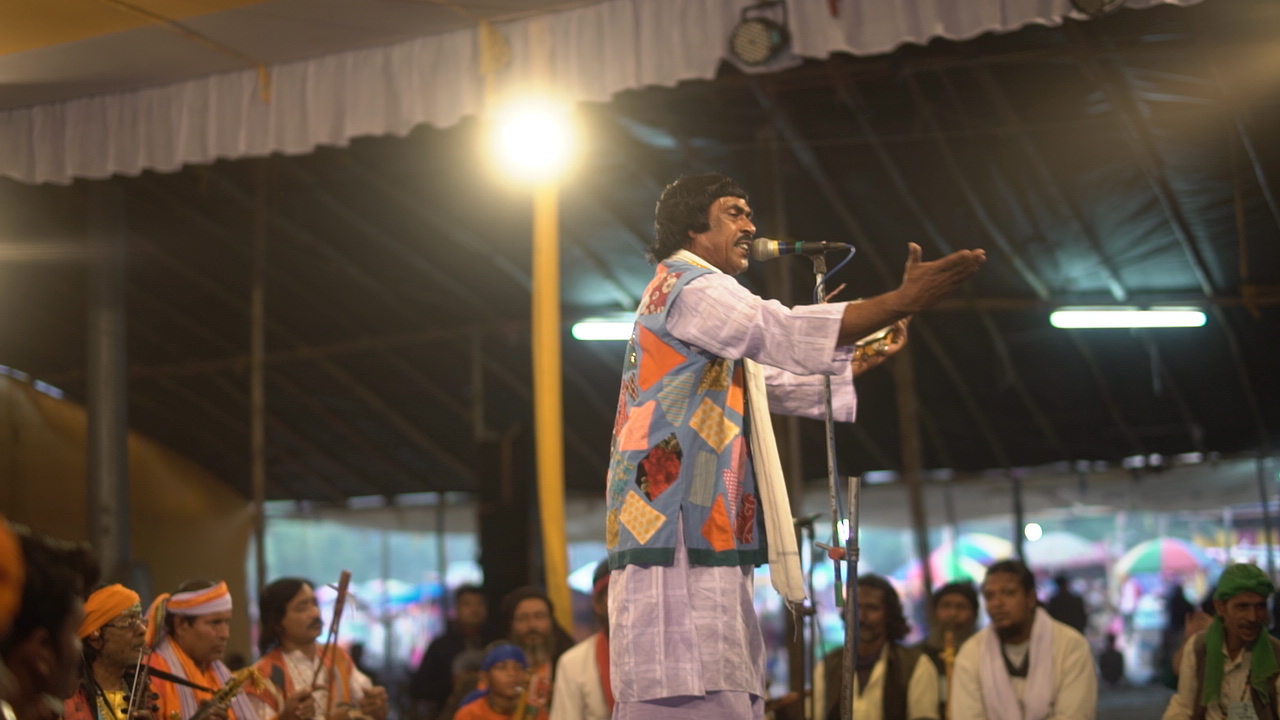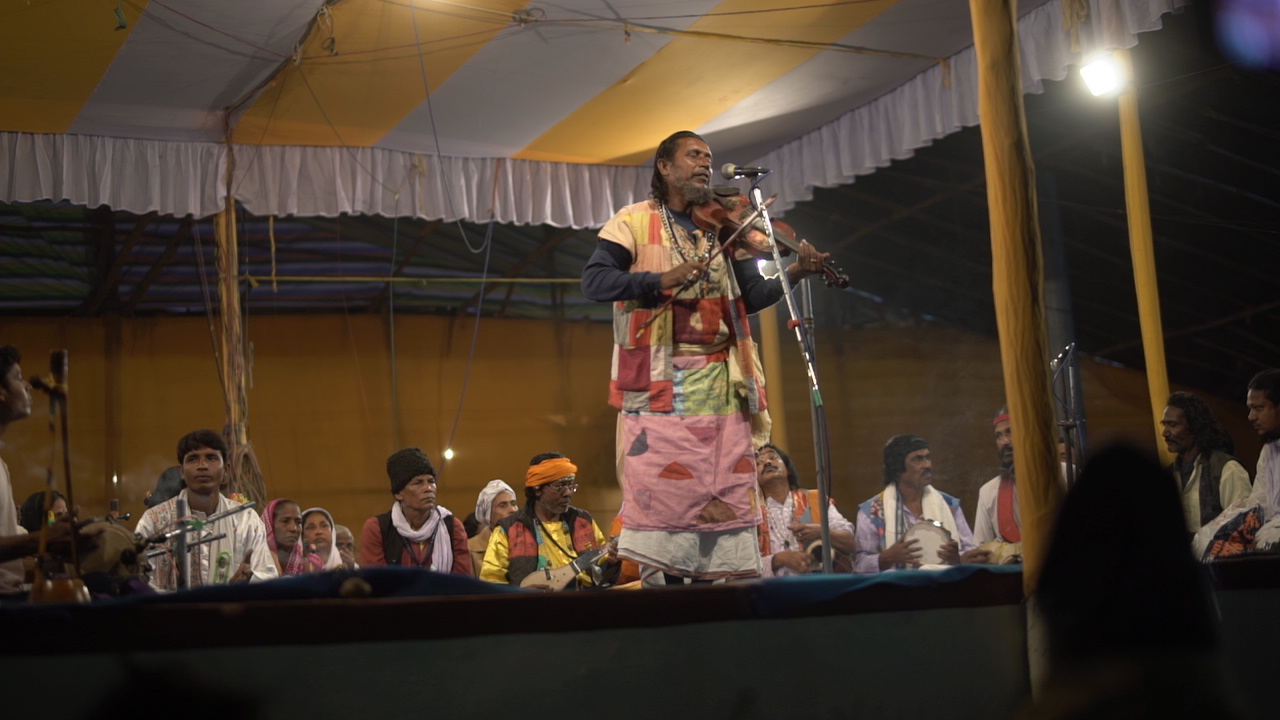Archives are generally repositories of information and records. A traditional archive necessarily holds a physical space where a researcher needs to visit physically for satisfying her/his curiosity. But with the global Digital revolution and the deconstruction of canonical cultural industry the concept of the archives also started to change. The radical turn in Digital archiving is not that it makes possible the ‘virtual’ rendering of the ‘real’ archive. The archaeology of knowledge became accessible to everyone. Some of these people were not satisfied as mere receivers of that knowledge and were inspired to start building Archives sitting at their home. The digital archive is an ‘information space’ which may be navigated freely across borders and disciplines. Digital archive collects materials (either in analog format and digitize these or born digital materials including audio-visual artifacts), assembles these in an open and free platform and curates them for posterity. This documentation in texts, images, sounds, video, and film always creates an open and virtual space where new slices of knowledge and history are generated. For Foucault the archive is “the border of time that surrounds our present” and Digital archive makes possible this interaction between past and present more fruitful. It is not merely a place of conserving our past but a place for documentation, for sharing and modifying our views, ideas and intellects and this becomes possible because of digital media. Use of Digital tools has transformed the traditional notion of archive and it is now an innovative and interactive space. Here the readers can always be in touch with the archivists; even they can get information of new additions in archive via mail and social networking sites. But archivists of Digital Archives must have to be active and responsible in the sense that they need to be alert of copyright issue of the documents; they need to be honest and authentic while creating metadata of the archived documents.
By SAIDUL HAQUE




